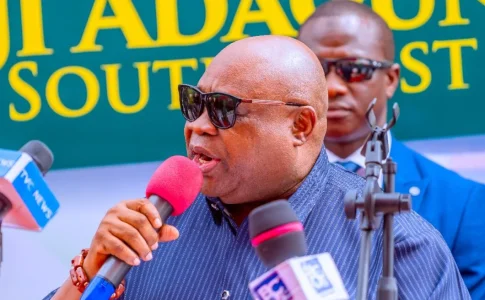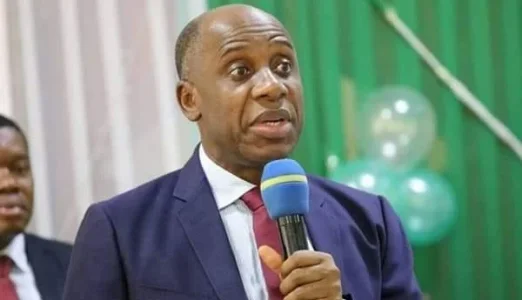
Nigeria is set to secure a $500 million loan from the World Bank to enhance basic education, part of the HOPE initiative. The project aims to improve learning outcomes and reduce the number of out-of-school children, with a total estimated cost of $554 million, including a $54 million grant.
Nigeria is reportedly on the verge of securing a $500 million loan from the World Bank aimed at enhancing basic education across the country. This initiative is part of the World Bank’s HOPE for Quality Basic Education for All project, which seeks to improve educational outcomes and reduce the number of out-of-school children.
The Programme Information Document (PID) states that the total cost of the project is estimated at $554 million, with $500 million coming from the World Bank and an additional $54 million from the Global Partnership for Education (GPE) grant. The loan is expected to receive formal approval by March 2025 and is viewed as a crucial component of Nigeria’s broader education reform efforts.
The World Bank and UNICEF will jointly manage the implementation of the System Transformation Grant, totaling $107.59 million, which will provide oversight and technical assistance for the program. Despite the financial support aimed at improving education, public sentiment remains mixed, with many citizens expressing concerns about the country's growing debt burden and questioning the government’s financial management. Critics have taken to social media to voice their frustrations, citing past criticisms of previous administrations for similar borrowing practices.
As Nigeria moves forward with this loan, the focus remains on how effectively these funds will be utilized to bring about tangible improvements in the education sector and address the challenges facing the youth.




